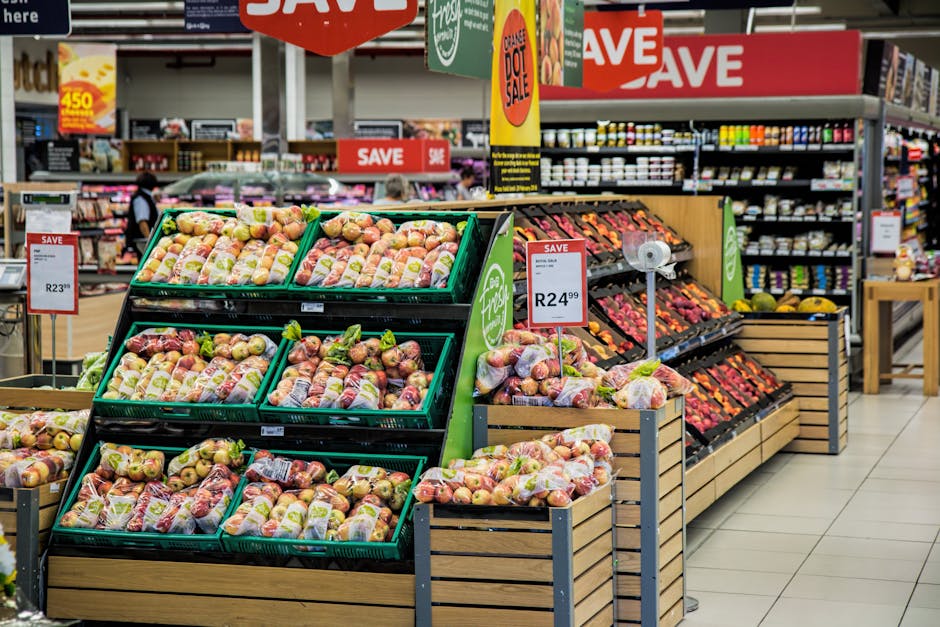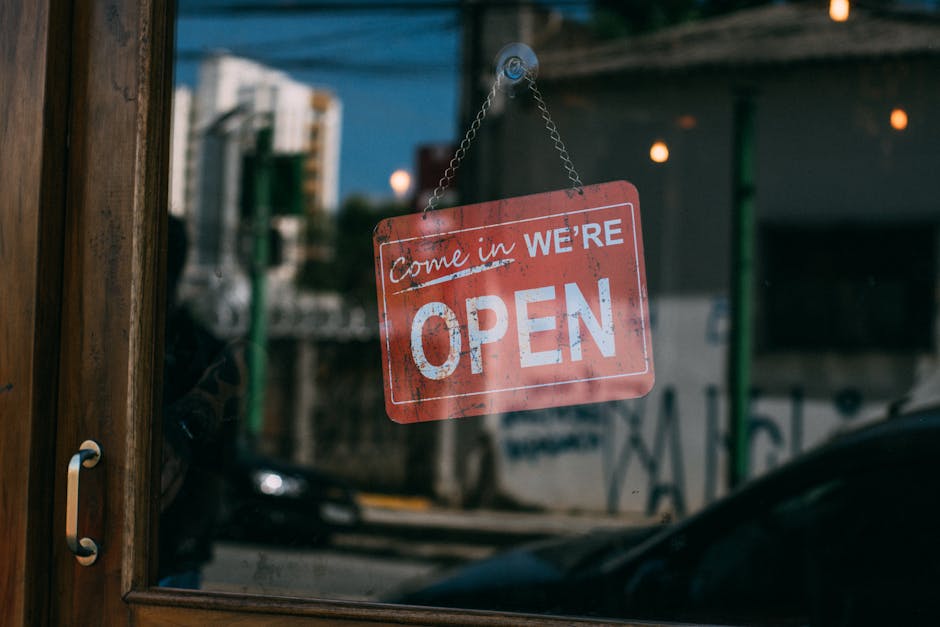1. Keep anything for taxes for seven years. I'm not a lawyer or an accountant, so check with yours to make sure you know what you need for your own taxes. In general, if you needed it for a deduction or proof of income (W2, 1099, etc.), you should keep it for seven years with tax documents.
2. Keep most anything else for a calendar year. That's pretty much everything else. Utility bills, bank and credit card statements, other bills. Unless you need proof of purchase (say for a sofa or diamond necklace), receipts can go once your monthly statement is settled and any returns have been made. But, if you feel more comfortable, keep them for the calendar year.
3. Keep vital records forever. That includes birth, death and marriage certificates. Estate records, wills, power of attorney paperwork. Medical records (test results and diagnoses, not bills or explanation of benefits).
4. Shred account numbers or social security numbers. If something has only your name and/or address and/or phone number on it, you can recycle or toss it. Shredding takes time, and frankly, anyone with the internet can find your name, address and phone number.
5. Label things. When you make folders or bins or files to contain the papers you want to keep, make sure it's labeled! It doesn't have to be difficult: Taxes, Health and Bills can suffice, as long as you know what's in there. If multiple people are accessing the files, make sure everyone knows what the labels mean.



